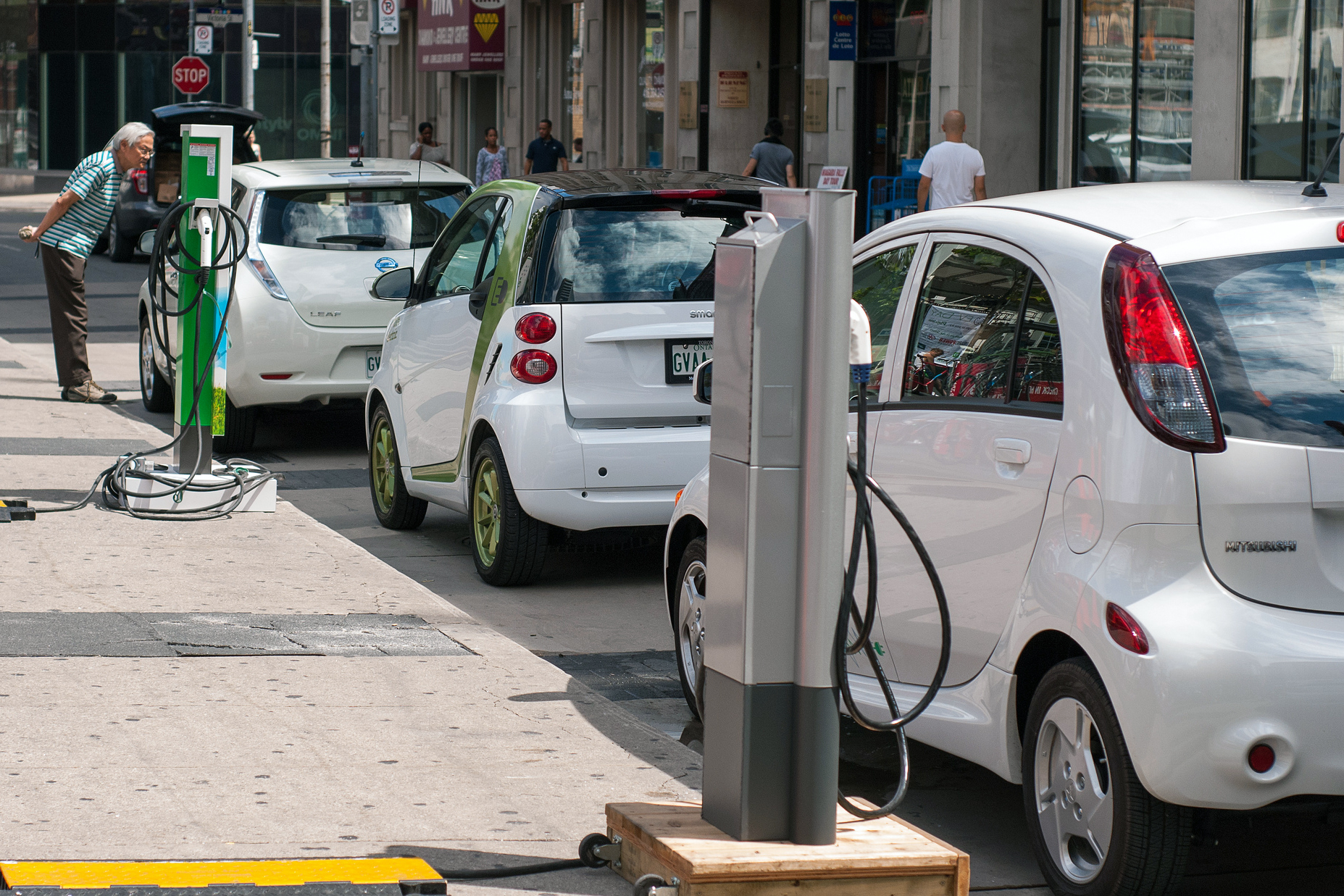 State laws and regulations play a major role when it comes to the adoption of electric cars in the U.S. In order to help bring electric cars to the mainstream, various states offer incentives to encourage drivers to purchase alternative-fuel vehicles. Some of the programs they offer include tax credits, purchase rebates, lower licensing fees, and access to HOV lanes. Unfortunately, these are not as successful as the federal government and state authorities would like them to be. Let’s take a look at some of our goals, and how we’re doing:
State laws and regulations play a major role when it comes to the adoption of electric cars in the U.S. In order to help bring electric cars to the mainstream, various states offer incentives to encourage drivers to purchase alternative-fuel vehicles. Some of the programs they offer include tax credits, purchase rebates, lower licensing fees, and access to HOV lanes. Unfortunately, these are not as successful as the federal government and state authorities would like them to be. Let’s take a look at some of our goals, and how we’re doing:
One Million Electric Cars on the Road by 2015
A couple of years ago, the U.S. Government set a target to have 1 million electric cars on the road by 2015. Even at the time, this goal was deemed unrealistic, but now, it’s clear that this goal won’t be reached. That’s why state and federal lawmakers are trying to figure out what they should do to further boost electric car sales, in particular, in parts of the country where green vehicles are not very popular. A problem has arisen where some states are more successful than others, when it comes to adoption of electric cars – generally, the West Coast is much more welcoming than the East Coast is.
California Leading The Way
Thanks to a series of laws mandating car makers to sell a certain number of zero emission vehicles, in addition to conventional cars, the state of California is doing a good job promoting the electric vehicle market. They are successful in making sure that customers have a wide range of models to choose from, and encouraging competition among automakers. In fact, there is an executive order that requires 1.5 million zero-emission vehicles to be on the California’s roads by 2025. In addition to these rules, there are several types of incentives to reduce the cost of ownership of electric cars in California. For instance, the state gives purchase rebates of up to $2,500 to those who buy battery-electric vehicles, along with free and convenient access to HOV lanes.
Another factor that makes California a leader in green vehicles is its extensive network ofcharging stations. California that has substantially more charging stations than any other state, which is a very important, since the lack of infrastructure is one of the issues that is holding the widespread adoption of electric cars back.
8-state Alliance to Promote Electric Cars
Since it’s clear that other states are lagging behind California, some of them, mostly on the East Coast, have decided to take serious steps in becoming more electric car-friendly. Connecticut, Maryland, Massachusetts, Oregon, New York, Rhode Island and Vermont, have decided to join California and form an alliance, in order to support electric cars and boost sales. They have started working on a series of measures that will help establish a wider network of charging stations. They have also committed to creating much simpler rules for installing charge-stations. They will even require such stations to be built at workplaces.
Other states are giving incentives to private companies that want to build charging stations, to help cover a certain percentage of their cost, or awarding tax credits to businesses that have installed electric car chargers.
Electric cars clearly need support from the federal government, as well as state authorities, because they are still a novelty. Consumers need to be convinced that these vehicles are a good alternative to conventional cars. Fortunately for us, laws that set aggressive sales targets for car manufacturers are expected to reduce the price of electric cars considerably, which will help bring more of them onto our roads in the near future.